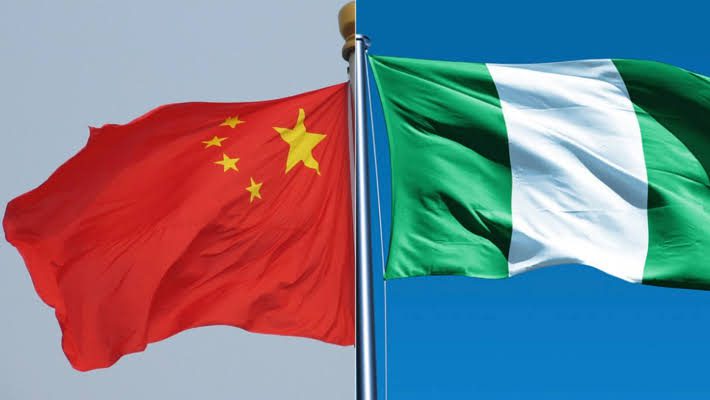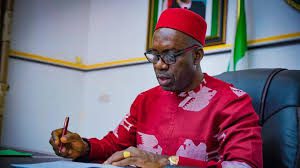


Nigeria, China hold crucial talks on evergreen city – envoy
Chief Ajuri Ngelale, Special Presidential Envoy on Climate Action, said his team had a meeting on Thursday with the management of China National Building Materials Corporation (CNBM), Beijing, China.
He said, in statement on Friday, that discussion at the meeting focused on areas of mutual interest with respect to the Evergreen City Project.
He said the Chinese delegation was led by Mr Li Xinhua CNBM Group Executive General Manager, in the company of Mr Yin Zhisong, Chairman of Sinoma International Engineering Company.
“This prospective collaboration requires structured and effective follow-up. Our team will not fail to ensure that the next steps are achieved in a timely and meticulous fashion.
“Our team was briefed on the composition and production process of new technologies being produced by CNBM with a historic overview of their decades-long development process across service lines,” he said.
Additionally, he said his team witnessed a demonstration of CNBM’s cutting-edge emissions control infrastructure with a dynamic display of constantly changing emissions values from the entities.
“The company’s commitment to decarbonisation was inspiring in its accountability but more impressive in that it equally provides a fresh and articulated pathway to enhanced operational efficiency,” he said.
According to Ngelale, a significant initial investment by CNBM to modify industrial process has now become a net-positive source of long-term savings, increased revenues, and ecological sustainability.
CNBM is valued at well over 100 billion dollars and it is the world’s topmost producer of fiber glass, gypsum board, wind blade technology, and other critical materials.
Ngelale also had a bilateral meeting with China’s Ecology Minister, Mr Zhao Yingmin, who represented China’s Special Envoy on Climate, where areas of mutual concern and cooperation in the sphere of climate action were broached.
“The Nigerian and Chinese sides share the view that new and clean energies must be sufficiently financed, developed, and operationalised before any attempt at modifying traditional energy supply and demand ecosystems can occur.”
The two sides exchanged views on how to deepen coordinated collaboration within multilateral fora in the areas of common perspectives and approaches.
He said these areas include various ways in which climate change is impacting emerging markets in the global south.
“I communicated Nigeria’s position relating to its development of a truly circular economy amid its new push for value chain localization across renewable energy technology manufacturing industries and the need for Nigerian workers to benefit from the energy transition on a mass scale.
“I further emphasized that China’s new Africa Solar Belt programme will be incomplete if it does not inculcate supply chain diversification into developing markets, especially Africa’s largest market.
“This point was well received by the Chinese side with further discussion expected in this direction in the time to come,” he said.
Ngelale added that the two sides also agreed to advance technical cooperation in afforestation and counter-desertification efforts.
He said this would empower vulnerable Nigerians to find sustainable economic opportunity in the process of building the nation’s climate resiliency.
“Nigeria’s active carbon sink development is one that wins for our people and for our environment.



